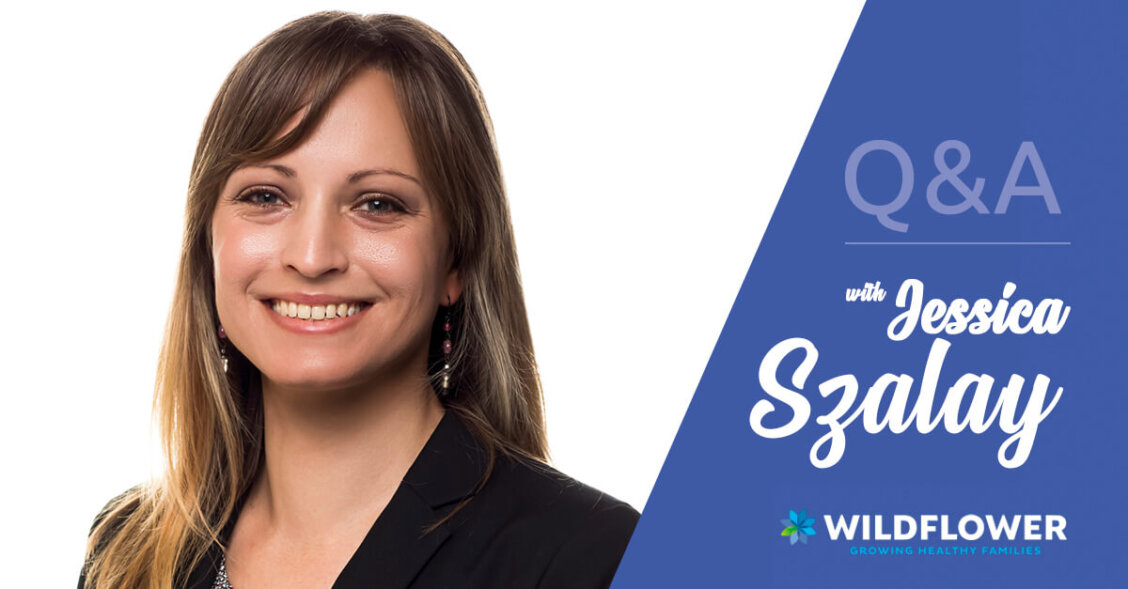
Jessica Szalay (Wildflower Health): App Marketing Strategies in Healthcare
Jessica Szalay is a growth marketing manager at Wildflower Health. With a portfolio of white-label apps for pregnancy and family health tracking, Wildflower works with health insurance companies, health systems, hospitals and employers, supporting over 45 million lives across the U.S.
We sat down with Jessica at the App Growth Summit to talk about marketing health apps and using partnerships to grow a mobile user base.
How is marketing health apps different from marketing apps in other categories?
When you market health apps, you deal with regulations and intricacies of healthcare in general. We can’t use every user acquisition tactic out there. For example, retargeting a person based on a health condition is largely not allowed. We also can’t contact users based on our clients’ knowledge of a woman’s pregnancy. Communications about your health have to come through a trusted HIPAA-compliant resource.
For example, your health plan might know you are pregnant because you had an ultrasound. A HIPAA-compliant way to connect with you could be a letter in the mail. Currently, we can’t send you a text message unless you have opted in (to some extent) or send an email that is not secure because it is not HIPAA-compliant. We have to work within these narrow pathways in a way that feels authentic and personal without compromising what knowledge your health care provider has of your health condition.
What are your top user acquisition channels at Wildflower Health?
For us, it is partner marketing. We partner with hospitals, health insurance companies, doctors and employers. Our apps are usually white-label apps that our clients then use within their health insurance or employer benefits. Our model is B2B2C (business-to-business-to-consumer), so we create very unique campaigns for each of our apps and clients, and see which ones resonate with potential users.
What tactics do you use deeper in the mobile app marketing funnel?
The install is the first step for us, but not the most important step. Most of all, we value frequent interaction within the app. To keep users engaged with our apps, we use the tried and true mobile re-engagement tactic of contextually relevant push notifications. For example, we send a notification when a pregnant women reaches a new milestone in her pregnancy or notifies them when a new ultrasound video is available for viewing.
What is your app monetization strategy?
Wildflower apps are free to users. Our clients — healthcare institutions or employers — pay a licensing fee. We maintain the app for them, support in user acquisition outreach and create the core content. All of our content is validated by clinical sources, authored by clinical editors and writers, and reviewed by medical directors and health clients. There are no ads, which means the user is not being influenced to buy a particular item like a stroller as you you might see in other pregnancy apps. We deliver strong value to our users by helping them form a deeper connection with their families with a single, credible mobile solution.